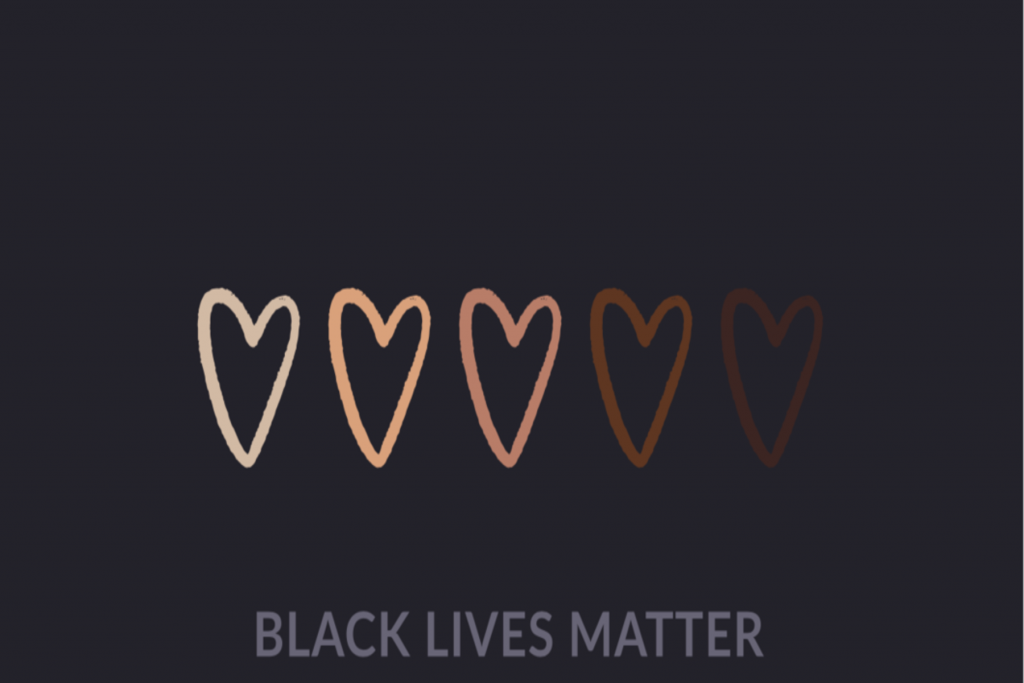
Photo courtesy of Shutterstock
Krystina Friedlander is a member of the Midwifery Services at www.barakabirth.com. Sister (Sr.) Rakayat Yakub (from the MCGP masjid community in Jersey) recommended that readers should listen to what she has to say.
Here’s something you’re probably hearing a lot these days: It’s critical to center Black voices. It is essential because we do not understand the pain they have been going through over the decades as Black people living in the U.S., which is why I initially asked to interview Sr. Rakayat Yakub. She is from the MCGP masjid community in New Jersey and has created her own coloring book for children to learn about Islamic culture and history in West Africa. You can find it here.
However, she informed me that sometimes the best way to reach others is to hear it from an ally of the Black community which is why she highly recommends listening to Sr. Friedlander. It’s just as important for Non-Black Muslims to speak up and take the burden off our Black sisters and brothers who are so often asked to explain and educate about racism and what we as individuals and as a community need to do in order to make a difference.
As a Non-Black woman, what resources would you recommend others should use to educate themselves and help support #BlackLivesMatter to make a difference?
Sr. Friedlander said,
I think about the ayah “Allah will not change the condition of a people until they change what is in themselves.” As a white person, I must realize that I have caused harm (and continue to cause harm) to Black people, that I have benefited from white supremacy, and that I have been and continue to be complicit in white supremacy. The kind of implicit racism that “good” people enact is more insidious than overt racism, and if we don’t acknowledge the mindset and how it shows up in our lives and hearts then change just isn’t possible. We should not be turning to our Black friends and asking them to teach us or explain to us how to stop being racist, which is a racist action in itself.
[Read Related: An Open Letter to Priyanka Chopra on why Black Lives Matter]
In order to stay up to date, she suggests,
I seek out Black voices in my local, religious, and professional communities. What are our brothers and sisters, our elders, saying? What are they asking for? In what ways do our justice-oriented organizations need support? Some great places to start are the Muslim Antiracism Collaborative (Muslim ARC) and the Muslim Wellness Foundation.
How do we continue to remain allies even after it’s no longer a trending topic?
Sr. Friedlander replied,
Some of our next steps will come directly out of what is being specifically asked of us, but taking on the practice of anti-racism is a life-long commitment. We must disrupt racist comments, jokes, ideas, and actions that come up in casual conversations with others. We need to speak out. It is a tremendous, exhausting burden for Black people to have to engage in all these ways, and may also put them at personal, professional, emotional, and physical risk to push back against racism. That burden must be shouldered by white people broadly and by non-Black Muslims in the Muslim community. As non-Black people, we must engage our families around questions of race and justice, and not shy from having discussions with even young children about racism and anti-racism.
[Read Related: Op-Ed: Black Lives Matter Made me Reconsider the Influencers I Follow]
It is essential that we, as Muslims or as non-Black people of color, continue to educate ourselves both online and offline even when this is no longer a trending topic. We have a lot to learn and unlearn on our journeys to combating anti-racism.




